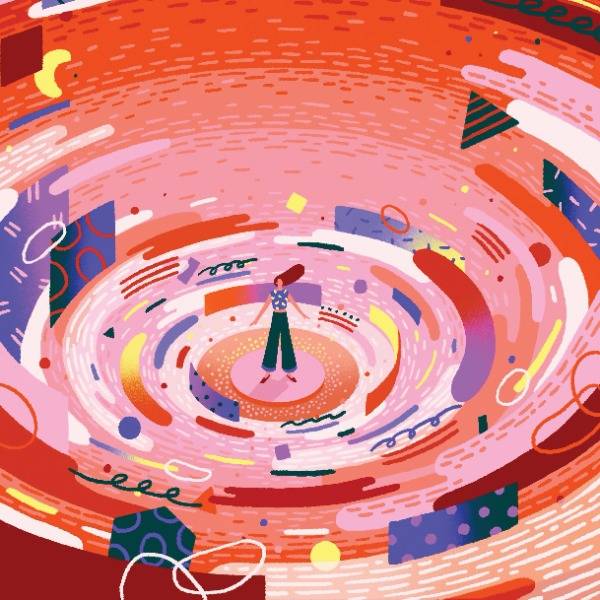
This article is a preview from the Spring 2020 edition of New Humanist
It’s been more than 20 years since I last saw Tony. Back in the 90s he came to a couple of my birthday parties, where we chatted happily about old times: the years we’d spent in the same classroom at St Mary’s Christian Brothers school in Great Crosby, our fortnightly excursions to Anfield to watch the Reds, our drunken visits to St Luke’s dance hall in the hope of finding a young woman who wouldn’t reject our lumbering advances.
But it was only when his usual Christmas card failed to appear that I decided it was time for a proper check on his life. How was he keeping these days? I rang the faded telephone number in my diary. “Is Tony there?” Silence, and then the phone went dead. I tried again. This time I heard mumbled voices before the receiver was replaced.
A few days into the New Year, the problem was resolved. “I’m writing on behalf of Tony” read the cramped message on the Oxfam card. “I’ve given him your Christmas card but had to take it to him in the Cedars retirement home. He’s very happy there but he sits and reads the same edition of the Times all day long. I’m his daughter-in-law, Olivia.”
I rang the number she’d scribbled on the card. “Oh yes, Tony really is perfectly happy,” Olivia confirmed. “It’s a very nice home. A very nice garden. But he doesn’t seem to know what’s happened to him. Doesn’t seem to realise he’s no longer at home. Doesn’t even remember what he’s just read in the Times. He simply sits there all day reading the same news over and over again. But if you let him, he does rattle on about the past. I’m sure he’d love to see you so you could remember old times together.”
I replied that yes, of course I’d think about visiting. How near was the retirement home to the station? Was there a best time of day to visit? Even as I spoke I realised these were no more than rhetorical questions. I already knew that I was never going to see the inside of the Cedars.
It’s all a question of keeping the past in its proper place. Like the towels in public washroom it’s losing its density, its solidity, its warp. As I grow older and older I recognise that the present is losing its salience. None of the films I see now resonate in the manner of movies I saw 30 or 40 years ago. Their plots and characters slide from mental view with the alacrity of their final screen credits. Music suffers the same fate. Even as the big band at the Spice of Life pub delivers a rousing performance of “Take the A Train”, I know that it will never hold such a vivid place in my memory as the 1960s sound of the Merseysippi Jazz Band playing “Muskrat Ramble”.
But I also know with a terrible certainty that I must never ever allow these vivid images of the past to usurp the relative dullness of the present. Nobody who has recently relished the subtle interpersonal delights of Marriage Story or the brilliant evocation of no man’s land in 1917 wants to have their enthusiasm undercut by long-winded memories of Brief Encounter or All Quiet on the Western Front.
Those who wish to grow old gracefully, to retain, or even make, some friends from a different era, have to learn that past memories may be added like seasoning to present-day cultural dishes – but they must never be allowed to be the plat du jour.
So, I’m afraid Tony will be left in peace to savour and savour again his daily copy of the Times. He won’t be interrupted by an old schoolmate who wants to joyously recall drinking six pints of Double Diamond at the Cracke Pub and then being ejected from the Tower Ballroom for ignoring the “No Jitterbugging” warning at the side of the stage. He won’t be prompted to recall the tackling of Emlyn Hughes or the words of “You’ll Never Walk Alone” or the beads of sweat falling like raindrops from the ceiling of the Cavern.
Club owner and tenor player Ronnie Scott once famously insisted that the only way to stay looking young was to hang around with older people.
But when such people are increasingly to be found reading and re-reading today’s newspapers in suburban retirement homes, perhaps the only way to announce your full and continuing membership of the human race, your total unsuitability for transfer to the Cedars, is to keep asserting, in spite of all the mental evidence to the contrary, that there really is no better time to be alive than the present.

